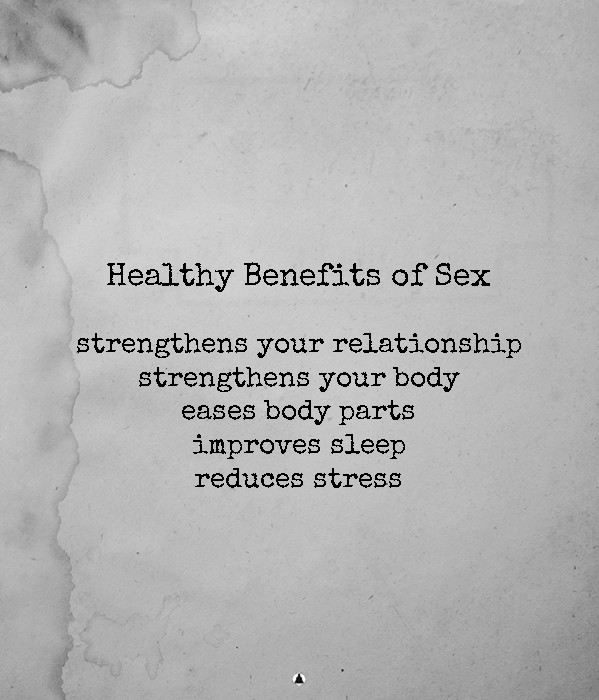What gives meaning to life?
This is something that has been debated for many centuries. Yet, I think that we’ve never really found a suitable answer to it. Positive psychology gravitates around what makes us humans fulfilled, happy, what gives us pleasure in life, what makes our soul sings, what gives our life a meaning and makes it worth living. In a nutshell, what constitutes a good, happy, fulfilling life.
And according to positive psychology, showing solidarity, having happy and fulfilling relationships, displaying appreciation, offering help and showing generosity to other people are considered behaviors that give meaning to our life.
But, is that all there is? I believe not.
A group of psychologists from George Manson University has conducted a study on sexual intimacy and they tried to determine whether or not sex has also a positive effect on our perspective of life.
Truth be told, there are a lot of other studies that focus on sexuality, but most of them tend to put their focus on the negative aspect – the link between intimacy issues and frequency of sexual intercourse and so on.
However, the study that psychologist Kashdan and his colleagues did, focused on the positive aspects of sexuality that in a very subtle way answered the question: Does engaging in more sexual activity influences our worldview and increases our sense of meaning?
The researchers did a three-week study that involved 152 college students (35 men, 116 women) around the age of 24. The study examined the quality and the frequency of their sex life, along with their mood and their general perspective on life. 63% of the participants were committed in long-lasting, monogamous relationships.
They were told to keep a diary and take notes every night for three weeks. That included writing down their moods (positive or negative), how much sexual activity they had during those 3 weeks, the level of pleasure they reached during their intimate moments and lastly, their general sense of fulfillment. Researchers gave the participants the freedom to interpret the meaning of “sexually activity” on their own. While for some being sexually active meant engaging in sexual intercourse, for others it meant passionate kissing.
After analyzing the results, Kashdan and his team of researchers found out that sexual activity is indeed linked with good mood and increased sense of meaning in life. However, they weren’t sure whether the one actually influenced or caused the other.
So, in order to answer the everlasting question about whether sex really gives meaning to life, the team of researchers conducted a different kind of analysis. They wanted to discover whether having sex today can actually boost our mood and help us maintain that sense of fulfillment until tomorrow. The results were positive. But then they also wondered whether that positive mood and sense of joy can be the reason for more sexual activity the next day. The results were negative.
In conclusion, this means that sexual activity does indeed puts us in that positive mood and gives us an inexplicable sense of joy and fulfillment. In fact, that ‘afterglow’ that we’ve all experienced due to the release of endorphins in our brain can fill us with contentment, joy, and happiness for a day or two after the sexual activity. So, the researchers believe that it’s indeed sexual activity that makes people happy. Not that their happiness actually leads them to engage in more sex.
Moreover, psychologist Kashdan and his team also compared the participants who were in loving, monogamous relationships with those who weren’t. And guess what? They didn’t find differences in their moods and their sense of fulfillment after sex. In other words, this finding suggested that the general belief that sexual intercourse in loving relationships is more satisfying than casual sex among random people is actually a huge misconception.
So, what do you think about all of this? Share your opinion with us.



